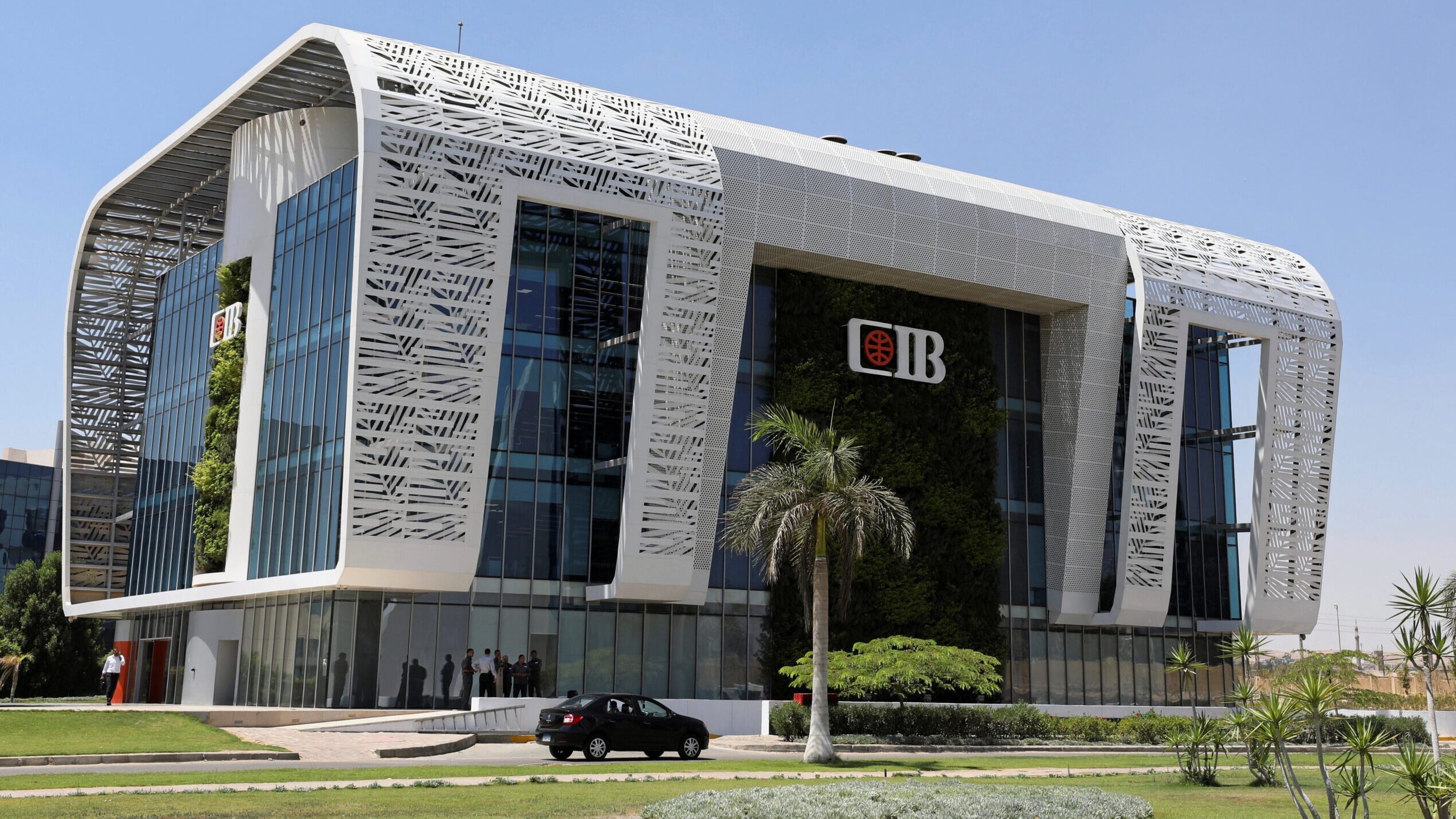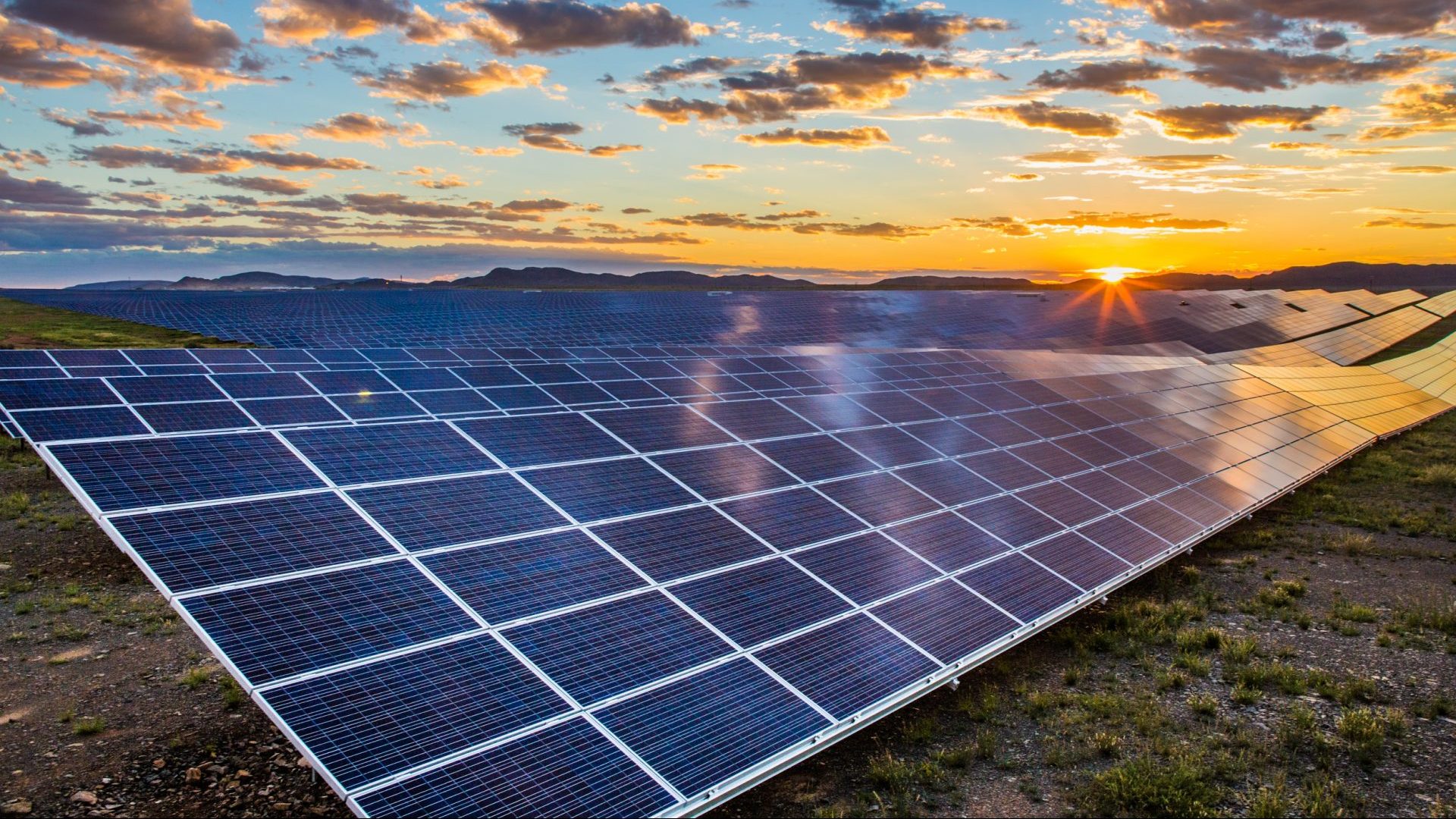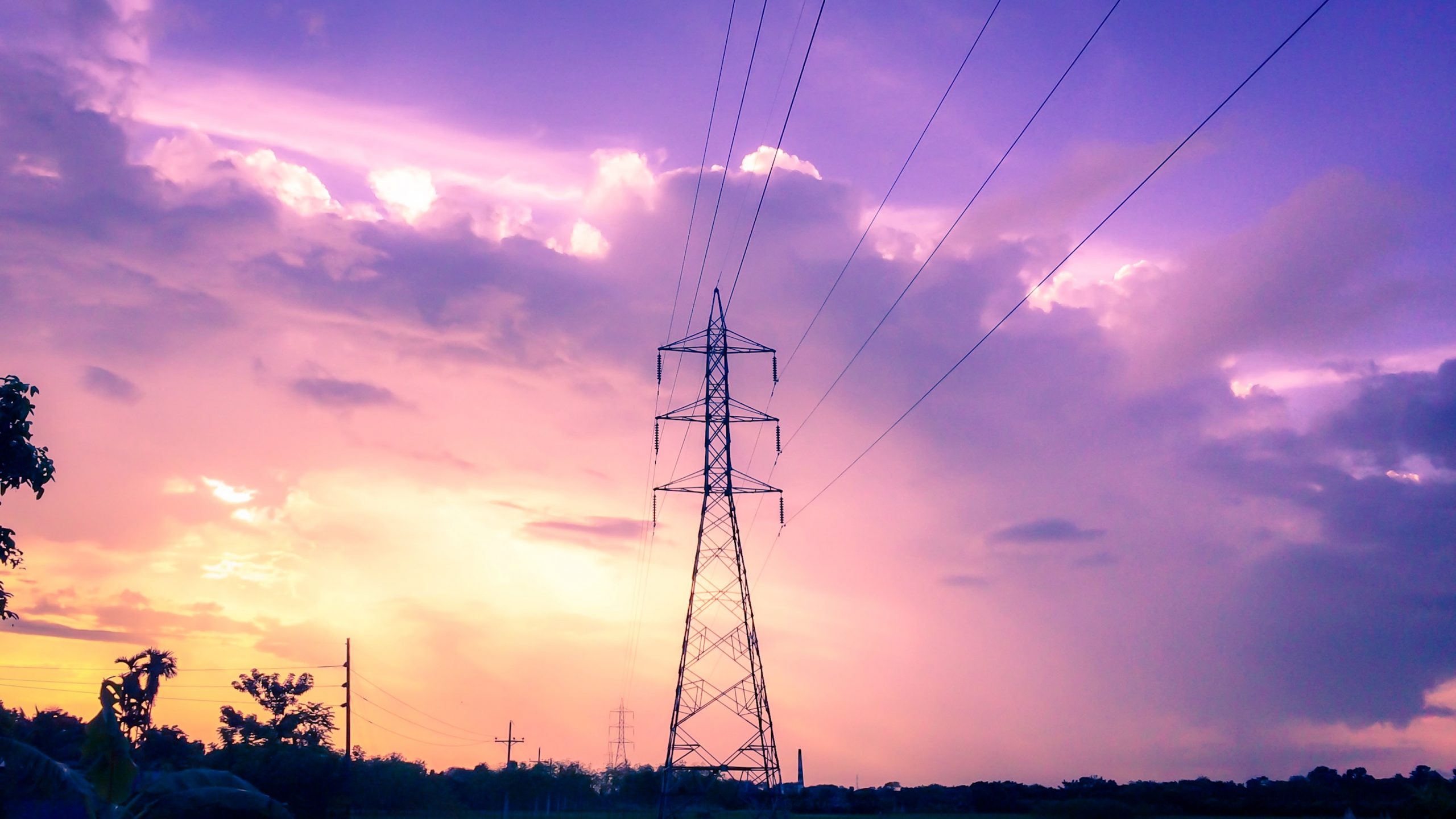Sub-Saharan Africa is one of the fastest-growing investment zones for financial technology firms over the last 12 to 18 months, according to new research.
Investment in African fintechs nearly quadrupled in 2018 to USD 357 million, with startups in Kenya, Nigeria and South Africa accounting for the largest share, according to The Mobile Economy, Sub-Saharan Africa 2019 report from the GSM Association.
Even if this is off a low base, the GSMA says it bodes well for Africa as a fintech hub.
MTN, the largest mobile operator in Africa, this week announced it had been granted a full Super Agent Licence in Nigeria for its Yello Digital Financial Services Limited (“YDFS”) subsidiary. This will “enables the scale launch of MTN Nigeria’s fintech strategy, it said, enabling it to convert its existing airtime agents – and recruit other small businesses – to distribute financial services.
MTN’s group CEO Rob Shuter told me earlier this year that “mobile will be at the centre of driving digital inclusion and connectivity” which is part of his stated aim to make MTN “the biggest provider of mobile financial services in Africa”.
Meanwhile, three Nigerian fintech start-ups – Kudi, OneFi and TeamApt – have already this year each raised about USD 5 million in funding.
“All apps are moving into fintech, they are just following their customers,” says Ameya Upadhyay, a principal of Flourish, a fintech-focussed fund that grew out of the Omidyar Network, the philanthropic impact-investment firm created by eBay founder Pierre Omidyar.
Upadhyay, the erudite former Bain & Company consultant who is leading the Africa investment portfolio of the recently rebranded Flourish, believes commerce follows conversation. The largest payment app in the world is WeChat, with about 900 million users, he told the GSMA’s Mobile 360 Africa conference in Kigali, Rwanda, in mid-July. “In Kenya, the largest app that is used before and after M-Pesa is WhatsApp. We talk with each other, then pay each other.”
He added, making a noteworthy point: “Finance is becoming invisible”.
A good example is how MTN launched a service through WhatsApp earlier this year that allowed its customers to buy airtime and data bundles through the messaging app.Sub-Saharan Africa is one of the fastest-growing investment zones for financial technology firms over the last 12 to 18 months, according to new research.
The GSMA’s research echoes similar findings that Africa’s fintech companies have raised USD 320 million in funding since January 2015 and the ecosystem has surged 60% in the last two years.
The continent’s fintech firms have grown to 491 from 301 in 2017, while the USD 132.8 million raised in 2018 has been the sector’s best-ever year, according to the Finnovating for Africa 2019: Reimagining the African financial services landscape report.
“No space has quite the potential impact of the fintech space when it comes to impact – and profits – in Africa, with startups operating such platforms able to significantly address the major issue of financial exclusion on the continent and thus promote development in all sorts of other areas,” says Disrupt Africa co-founder Tom Jackson.
SOURCE: Forbes

Ethiopia has cleared the way for Safaricom to introduce M-Pesa in the market of 110 million people after deciding to include the ...

Egyptian largest private sector bank by assets Commercial International Bank (CIB) is seeking to acquire more banks to strengthen ...

The European Investment Bank and International Solar Alliance have published a study outlining access solutions to overcome key ...

Kenya has been ranked the top country in the world in reducing population with no access to electricity, pointing to the impact ...